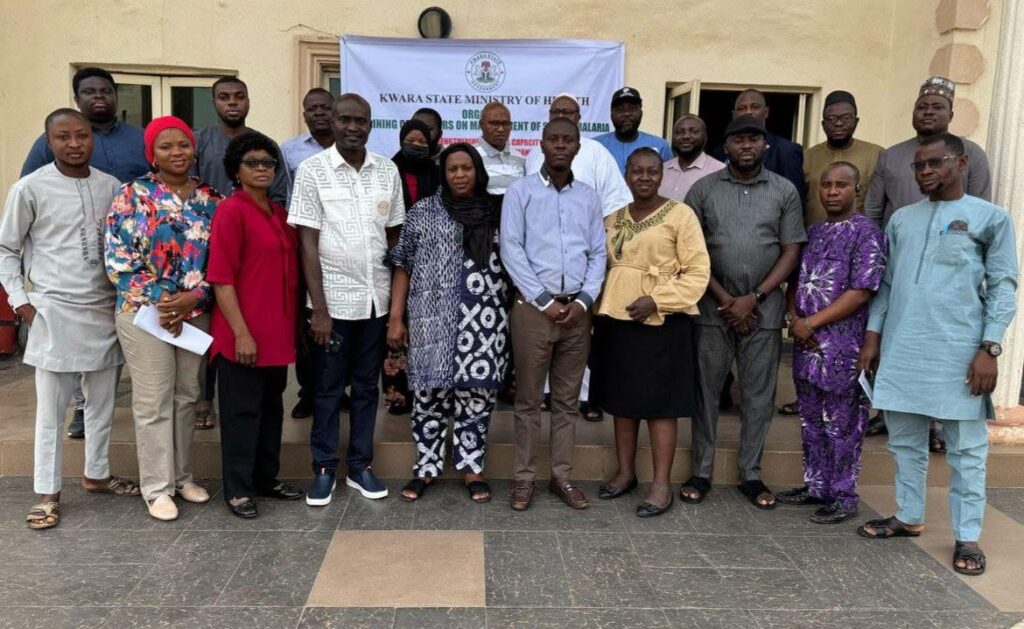… The two-day workshop prepares frontline doctors ahead of the 2025 Seasonal Malaria Chemoprevention campaign.
#KwaraRising

In a proactive move to strengthen healthcare delivery and eliminate malaria, the Kwara State Government has conducted a two-day intensive workshop for medical doctors on the management of severe malaria. The Training of Trainers workshop, themed “Strengthening Clinical Capacity for Early Detection, Effective Management, and Reduction of Mortality from Severe Malaria,” was organized by the Kwara State Ministry of Health.
The capacity-building initiative forms part of the state’s larger malaria control strategy, which includes the upcoming 2025 Seasonal Malaria Chemoprevention (SMC) campaign. This program will deliver preventive antimalarial drugs house-to-house to children aged 3 to 59 months in 11 eligible local government areas across the state.
Declaring the training open, the Director of Public Health, Dr. Oluwatosin Fakayode, emphasized the critical importance of early diagnosis and timely treatment, especially for children under five and pregnant women—two groups most vulnerable to severe malaria complications.
“Severe malaria remains a significant public health concern, despite the progress we’ve made. This training reinforces our resolve to equip doctors with the tools needed to save lives,” Dr. Fakayode said, while commending Governor AbdulRahman AbdulRazaq for his consistent investment in health system strengthening.
Alhaja Latifat Abdullahi, Programme Manager of the Malaria Unit, lauded the doctors for their dedication and stressed the value of continuous professional development. “Your commitment to this training shows your passion for better outcomes. We encourage you to translate this knowledge into improved patient care,” she said.
Dr. Oladapo Kazeem, Head of Malaria Case Management, presented key insights into Nigeria’s malaria landscape, revealing that the country still accounts for 24% of global malaria deaths. However, he celebrated Kwara’s notable progress, citing a drop in malaria prevalence among children under five from 26% in 2015 to 6% in 2021—a feat attributed to increased access to ACTs and robust public health interventions.
By sharpening clinical competencies and preparing healthcare workers for the SMC campaign, the Kwara State Government continues to demonstrate its unwavering commitment to reducing malaria-related deaths and achieving a malaria-free future.

Leave a Reply